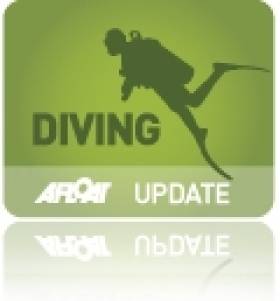Displaying items by tag: Irish Disabled Sailing Association
Passion for the Water Not Hindered by Disability
Physical disability does not have to be a barrier to enjoying marine activities, says one wheelchair user who's recently qualified as a scuba dive instructor.
Gary Allen, who has spina bifida, tells The Irish Times how he refused to let his disability get in the way of his passion for the water.
Allen, who lives in Co Galway, first got involved in sailing four years ago at an event in Kinsale hosted by the Irish Disabled Sailing Association - and was soon at the helm of his own refurbished trimaran specially adapted for disabled users.
His interest in scuba diving was piqued after a talk by Scotsman Fraser Bathgate, who qualified as the world's first wheelchair-using diving instructor. Allen later trained under Bathgate with members of the Galway Dive School.
“The sensation of absolute weightlessness which I experienced on my first scuba-dive is something that I don’t think I will ever forget,” says the Roscommon native.
By 2009 Allen was ready to make his first coastal dive, and in August last year he secured his Professional Association of Diving Instructors (Padi) certificate.
The Irish Times has more on Allen's inspiring story HERE.






























































